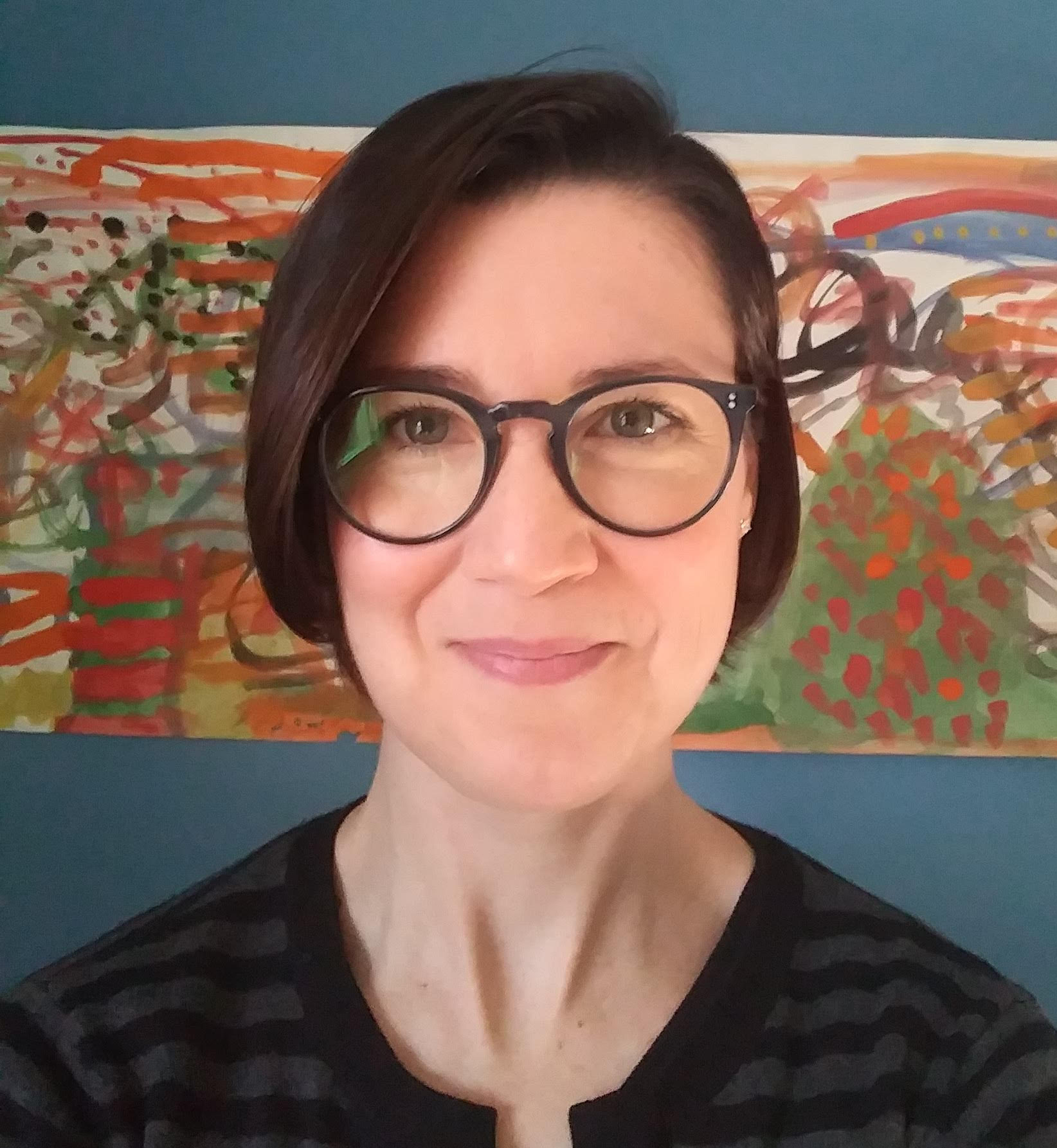- Michael Harrington
- Alana Solomon
- Kathryn McLeod
- Rebecca Blissett
- Shane Redstar
- Bob Bickford
- LarchmontVanLonglunch
- Steve and Lily Harris
- Donnez Cardoza
- Delaney Turner
- Rachel Eagen
- Elizabeth Hodgson
- David Eddie
- David Himel
- Wil Abbott
- The Galaxy Brains
- Esther Pearl Watson
- D. Himel
- Terry Maynard
- David O’Meara
- Gun Roze
- Kayla Alle
- Jane Wilson
- Michael Murray
- Mr. Abbott & Dom Psd
- Peter Simpson
- Jeffrey Mackie
- Alf Bogusky
My son has a blanket that he refuses to let go.
Best Blanket.
I didn’t give it much thought as I witnessed K’s attachment grow. In toddlerhood, I’d watch him drag the blanket around the house and think of Linus. I’d smile when he brought the yarn to his face and took great big sniffs of its special smell. I’d willingly locate it after tantrums to help him relax. We have carried it on hikes and brought it on canoe rides. It even went to K’s first weeks of kindergarten, until his teacher told us to leave it at home.
This blanket, though. Once a fluffy white, handmade by his grandmother, it’s now a tattered gray rag. It’s so thin you can see right through it. I’ve handtied some of the ragged strands to keep it in one piece, but the thing is full of fist-sized holes.
At bedtime the other night, K turned the blanket over and over, looking for a spot to nuzzle. It’s so threadbare it’s basically a piece of lace, quite literally hanging on by a thread.
I stopped reading.
“Kingsley,” I said, “that blanket has seen better days.”
He buried his face and inhaled.
I took a deep breath of my own.
“Look at this,” I said, poking my hand through one of the holes. I wriggled my fingers at him. “This is crazy!”
He snatched the blanket away from me and balled it up to his chest, giggling.
I pushed forward.
“I wonder,” I said, in the gentlest tone I could manage, “if it might be almost time to say goodbye to this blanket.”
He buried his face and said nothing.
I waited.
He released a quiet sob.
I fought an instinct to say more. Often, when I find myself out of my wheelhouse as a parent, I default to throwing too many words at the situation, strong-arming reality to my own version of the truth. For now, I just rubbed his back.
We lay like that for a while.
He sniffed. “Mommy, I want to say something even though it’s sad.”
“Okay.”
“You say that it will always be my blanket, but that isn’t true.”
“Why do you say that?”
“Because when I die, I won’t have my blanket anymore.” He started to bawl.
I shouldn’t have been surprised. Death comes up a lot in our house. I used to think it was because we lost my dad when K was three; it was sudden and unexpected, and the grief simply devoured me, swallowed me whole. I was lost to it. When K started asking us questions about death, I blamed myself, convinced that I had set the stage.
I’ve tried to answer his questions honestly. What happens when you die? Will I die? When? Will it hurt? Did you see Gramps die? What did he look like? Like this? Tell me again. At a certain point, I can’t help but fall into a kind of abstract rhetoric. He picked up the concept of heaven at school, and I’ve left it alone. But I wrestle with how to explain things, like my dad’s energy, out there somewhere—I’ve felt it, but I also know that’s my interpretation, and there are no universal truths.
“Kingsley, I’m sorry. Are you okay?”
He sniffled again. “I’m still a little sad.”
“How come?”
“Well, I’m just thinking about how when I die, it’s forever.”
“Yes. That’s true.” I waited. “What part of that makes you feel sad?”
He sighed. “It’s that when I die, I won’t get to do anything else ever again.” He wept pitifully.
Maybe this is stupid, but when I think about dying, I never think about what I’ll miss. When I think of death, I think about who I could lose. I never think about the life I’ll leave behind.
K changed a lot this past summer. He grew taller and leaner; he learned to sink baskets and swim in the deep end. He’s got a determined set to his shoulders now, a new confidence, a kind of swagger. I make a lot out of his achievements, overcompensating, perhaps, for my own tiny grief, the glimmer of sadness I feel as my son grows up.
Slowly, in the dark, I remembered something I’d read long ago—that when a loved one dies, a part of you dies with them.
This blanket is not just a favourite blanket. It’s K’s best friend, beloved, so central to his life, to his very identity, that its inevitable unravelling is forcing him to confront his own mortality. A part of him is moving out of reach, beyond the horizon.
What’s a mother to do? I can’t make the hardest part of life easier. I can’t change the unfeeling nature of time, indifferent to our brutal goodbyes, and the things that end.
What I’ve chosen for the blanket, then, are natural causes. I will let it fall apart, and I will let my son do the same. Because loss is something he will have to navigate on his own; similarly, I have to let him.
And so, I will hold back. I’ll wait. And I’ll hope harder than I’ve hoped for anything that he builds a life that always feels worthy of his big longing.

Rachel Eagen
